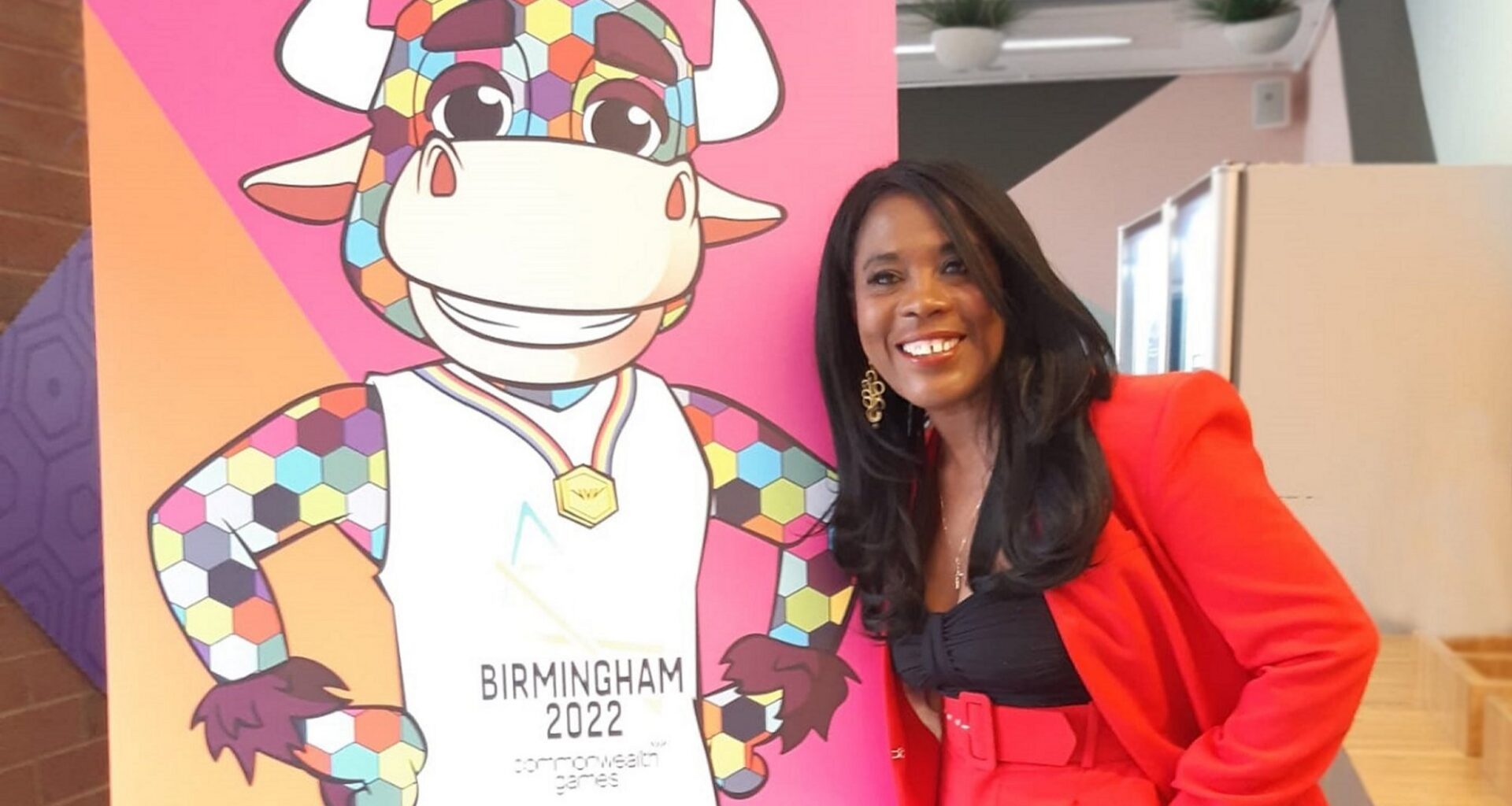The latest England Athletics Podcast, featuring three-time Commonwealth champion Tessa Sanderson, is the first of a series of episodes building up to the Glasgow 2026 Commonwealth Games.
Sanderson won for England in 1978, 1986 and 1990 and also famously took home the gold medal from the 1984 Olympic Games. She made history as the first black British woman to win an Olympic gold – and the first Briton to win an Olympic throwing event.
In conversation with host Alex Seftel, coinciding with Black History Month, she discusses her battles with great rivals like Fatima Whitbread and how she excelled at major championships when it mattered.
“I was rejoicing like crazy,” says Tessa about taking top spot at Edmonton 1978.
“The Commonwealth Games is something that I have always cherished and looked up to. It is such a great showpiece.”
Sanderson explains how she came to the UK from Jamaica as a child and played sports including hockey, rounders and netball. Her throwing potential was spotted by her teacher when she tossed a cricket ball around 60 metres at the age of 13, leading her to join Wolverhampton and Bilston Athletics Club.
“At the time, in the 1960s, Wolverhampton and Bilston was one of the biggest athletics clubs. It had a great track, (which) started off as cinder, then it went tartan. I was so excited about having it be tartan,” she remembers.
That excited schoolgirl was very much living the dream by the early 1980s. After scoring over 6100 points for a British heptathlon record in 1981, she had considered entering both that and the javelin at Los Angeles 1984. But, as with so many combined-eventers, injury interrupted her progress and she focused on just the one discipline.
“It was just amazing. On the day of the final, there were 69,500 people in the stadium. It was like being at the Oscars,” she recalls.
Last year, Tessa enjoyed great celebrations for the 40th anniversary of that Olympic triumph, giving her a chance to reflect on her legacy. Amazingly, her old teacher was there, too. “We have been friends for what must be 50 years now! It was like winning the Olympics again.”
She still has plenty of motivations and causes that she is passionate about and has just been named as President of the charity Women in Sport. “I will be trying to ensure that a lot more women – especially black girls – get involved in sport. It is such a great pathway, not just education-wise, not just meeting people, (but) the successes, the confidence that you can find in yourself,” she says.
“Black History Month helps to educate. It’s important to learn about equality because that is what the fight was for, years and years ago, about rights. It’s important for young black people to have confidence in themselves.”
Where to listen
